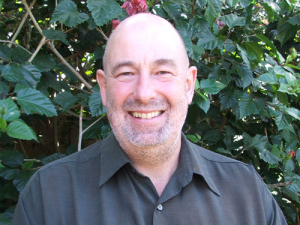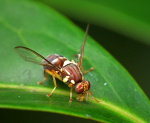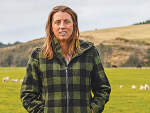Horticulture New Zealand (HortNZ) welcomes the New Zealand Horticulture Export Authority (HEA) Amendment Bill passed late yesterday, says chief executive Mike Chapman.
"Clarity around export market entry and exit, as well as the flexibility of multi-tier export licensing are key changes that will benefit horticulture exporters," Chapman says.
"When we submitted on the Bill we asked for that clarity to encourage exports and tiered licensing to allow for market development and exploration.
"This is an enabling piece of legislation that modernises the Act of 1987, HortNZ welcomes its passing.
"Horticulture is going through a period of rapid growth and we need the support of Government to assist export growth. This new law creates more trade opportunities so that exporters can work together in a collective, through joint marketing, to achieve greater market penetration, volume, and value sales.
“The HEA mechanism helps these exporters collectively navigate a trading environment that carries both risks and rewards and is particularly useful where an industry wants to establish a market presence in a new export destination.
"New Zealand’s horticulture exporters punch well above their weight in overseas’ markets. What this amendment does is strength their ability to successfully market our growers’ produce and retain New Zealand’s reputation for exporting high-quality and safe produce.
"There are nine product groups using the HEA structure - avocado, blackcurrant, buttercup squash, chestnut, kiwifruit to Australia, persimmon, summer fruit, tamarillo and truffle exporters - and others may join as they see the benefits from these amendments to the HEA structure."



















